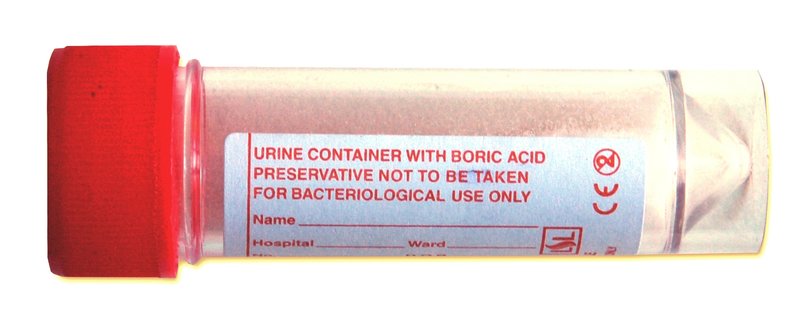Urine C-Peptide:Creatinine Ratio (UCPCR)
Chemical Pathology
Notes
- Urine C-peptide:creatinine ratio primary use is in assessing endogenous insulin secretion in patients on insulin. The test can be used to differentiate type 1 from type 2 diabetes mellitus, in diagnosis of MODY and in assessing beta-cell function reserve in type 2 diabetes.
- The test is unlikely to be appropriate in patients with severe renal impairment
This test has very limited availability and can only be requested by the Consultants in Endocrinology and Metabolic Medicine.
Sample requirements
The urinary C-peptide creatinine ratio (UCPCR) result is best measured on a post prandial sample taken approximately two hours after a meal stimulus, the patient having emptied their bladder before eating.
The test is arranged by the Consultant contacting the duty biochemist who will then arrange for a sampling kit to be sent out to the patient with full instructions.
The kit will contain a 30mL Universal pot containing boric acid preservative plus an instruction sheet.

Storage/transport
Do not store. Samples should be returned to the laboratory on the same day as collection (Monday to Thursday only).
Required information
Relevant clinical details including reason for the request and current treatment.
Turnaround times
Samples are sent to the Royal Devon and Exeter Hospital for analysis with results expected back within 2 weeks.
Reference ranges
Result interpretation information is provided on the Exeter website. Please access the link below for details.
Further information
To learn more about urine C-peptide:creatinine ratio please access the Diabetes Genes website
Diabetes Genes Exeter Website